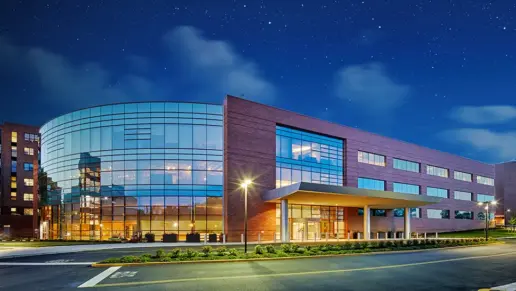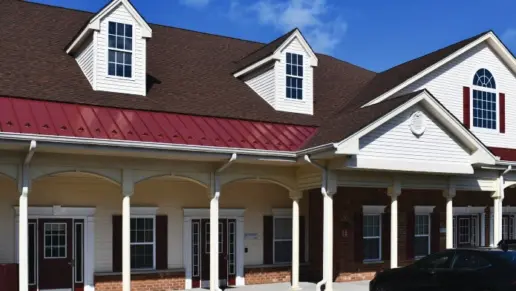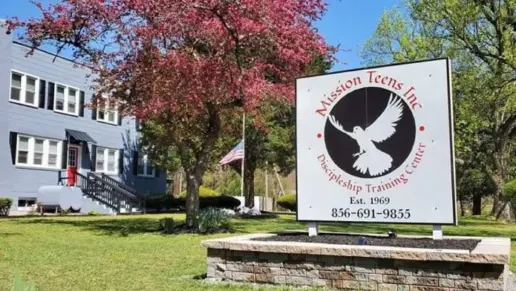College Recovery's long term model, and slow integration back into society are what make it stand out from other treatment centers. They don't through throw you out to the street after 30 days like many treatment centers, they will carry you until you learn to carry yourself ...
About Soba New Jersey
Soba New Jersey is a drug and alcohol rehab center located in New Brunswick, New Jersey, in Middlesex County. They provide alcohol and drug rehabilitation using evidence-based care. The addiction treatment center provides a variety of levels of care with the understanding that recovery is possible when you receive the right treatment. During your initial consultation, you receive a comprehensive evaluation that is the foundation of your personalized treatment solution.
Addiction affects every part of your life and the lives of your family members. It can directly affect mental and physical health, productivity and your job and increase your interaction with the criminal justice system. They use a holistic approach to treating addiction by integrating Eastern and Western medicine and using evidence-based treatments with positive clinical trials. They provide medical detoxification using FDA-prescribed drugs to lessen the effects of withdrawal and reduce cravings during ongoing treatment.
They provide short-term residential treatment in a home-like environment after you’ve completed detoxification. This allows you to focus on your recovery without distractions from everyday life. They offer luxury amenities including gourmet chef-prepared meals, a sauna and courtesy pick-up to the facility. Long-term treatment can last six months or more which helps you develop the skills and mindset you need to build a sober life.
The outpatient programs include a partial hospitalization program, intensive outpatient program and traditional outpatient therapy which offers you the opportunity to continue your outpatient treatment using the necessary level of treatment to address your needs. They also have a sober living environment and can offer telehealth services when you’re unable to reach the center. They accept multiple insurance providers and verify your insurance coverage before you begin treatment.
Latest Reviews
Gallery
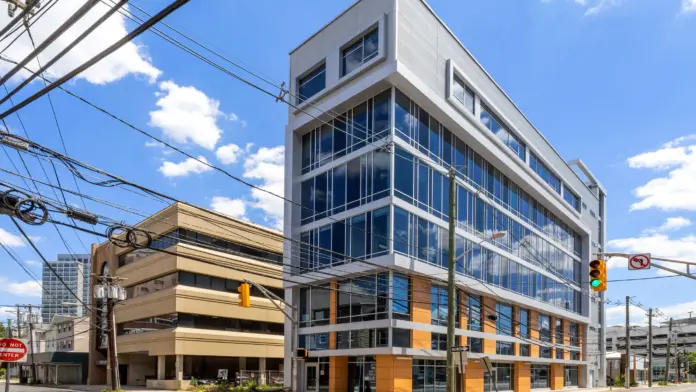
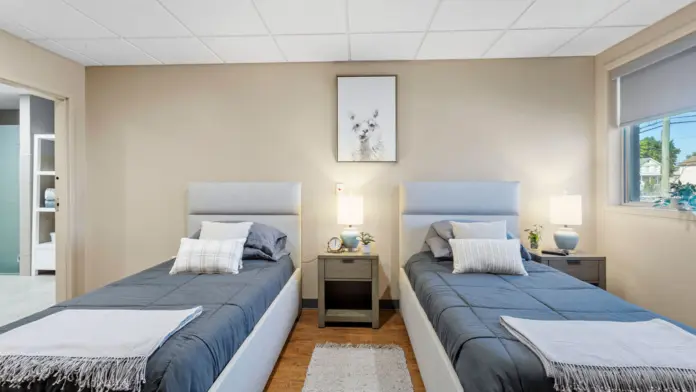
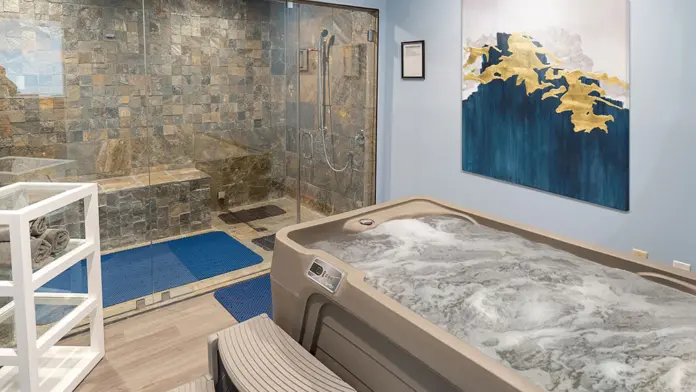
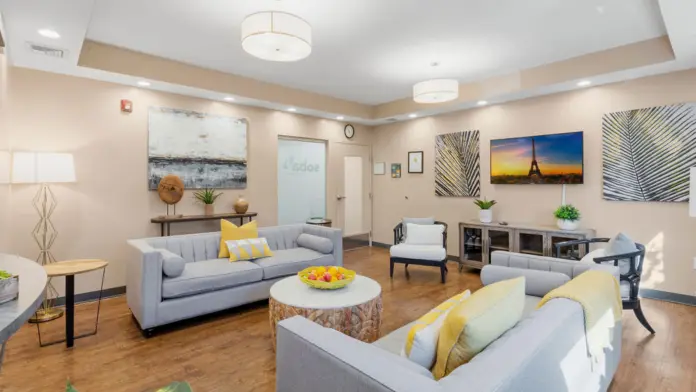
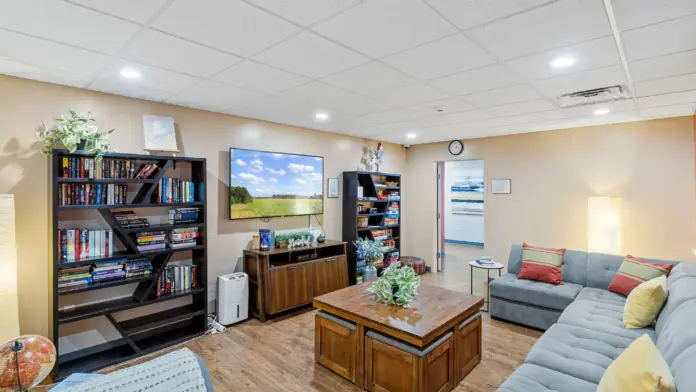
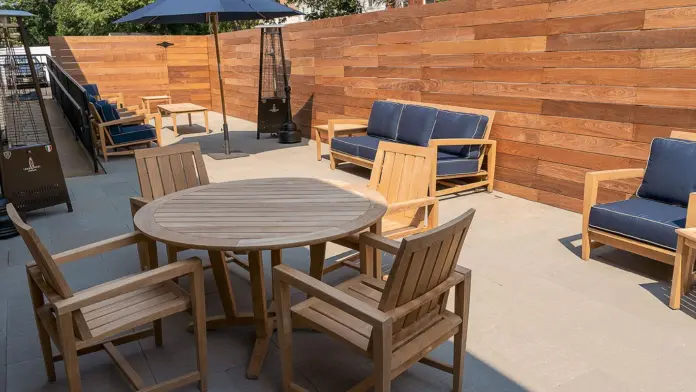
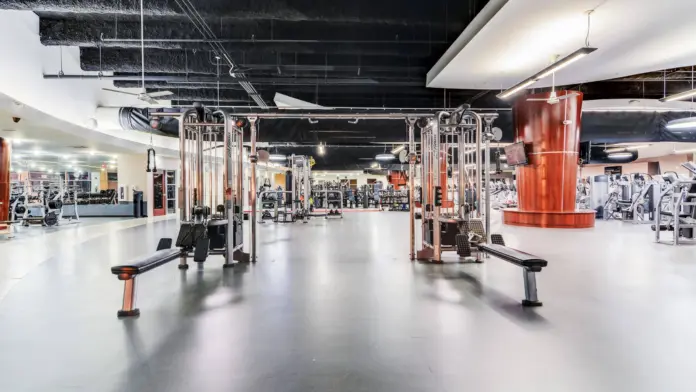
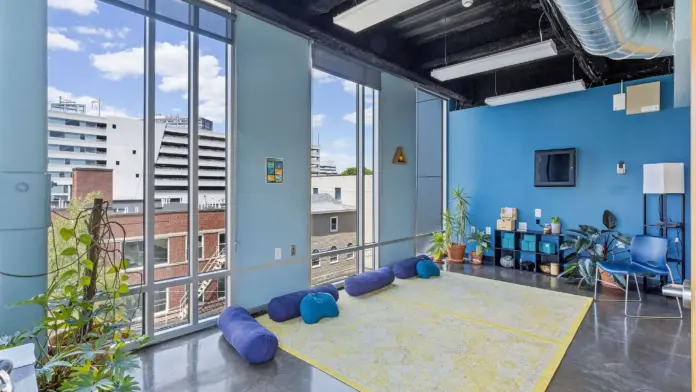
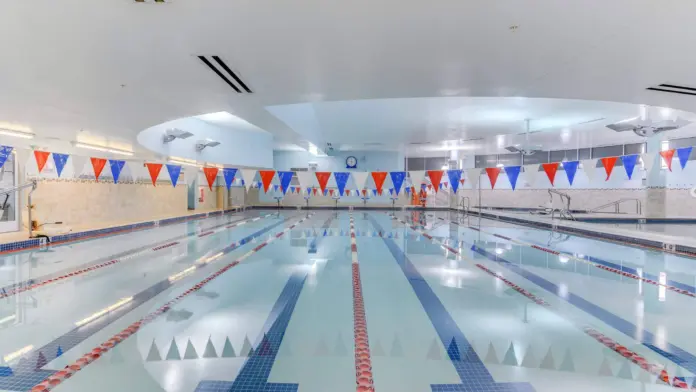
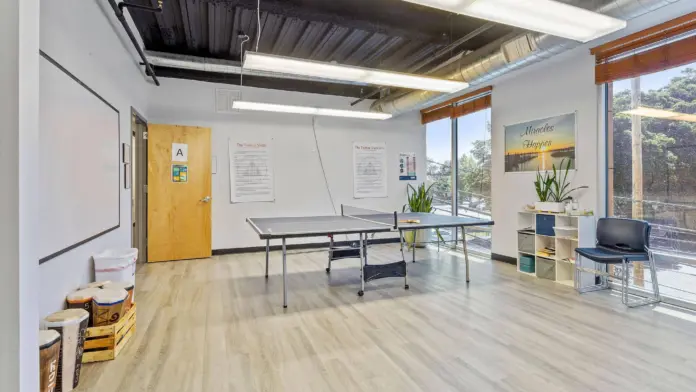
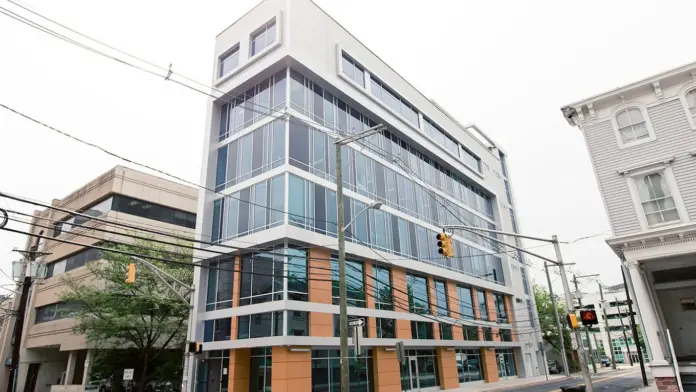
Location
Accepted Insurance








Other Forms of Payment
Private insurance refers to any kind of healthcare coverage that isn't from the state or federal government. This includes individual and family plans offered by an employer or purchased from the Insurance Marketplace. Every plan will have different requirements and out of pocket costs so be sure to get the full details before you start treatment.
Self-pay involves paying for treatment out of your own pocket. You can use savings or credit, get a personal loan, or receive help from family and friends to fund your treatment. If you don't have insurance or your insurance plan doesn't cover a specific program, self-pay can help ensure you still get the care you need.
Addiction Treatments
Levels of Care
Treatments
The goal of treatment for alcoholism is abstinence. Those with poor social support, poor motivation, or psychiatric disorders tend to relapse within a few years of treatment. For these people, success is measured by longer periods of abstinence, reduced use of alcohol, better health, and improved social functioning. Recovery and Maintenance are usually based on 12 step programs and AA meetings.
Drug rehab in New Jersey is the process of addressing the complex issues involved with addiction. Challenges are identified and addressed through individual and group counseling. Participants learn how to manage these issues without the use of substances.
More often than not, the co-occurring mental disorders that sometimes goes along with addiction goes overlooked or improperly treated in most traditional substance abuse treatment facilities. However, SOBA College Recovery understands that underneath most chemical dependencies lie various unresolved mental health issues.
Opioid rehabs specialize in supporting those recovering from opioid addiction. They treat those suffering from addiction to illegal opioids like heroin, as well as prescription drugs like oxycodone. These centers typically combine both physical as well as mental and emotional support to help stop addiction. Physical support often includes medical detox and subsequent medical support (including medication), and mental support includes in-depth therapy to address the underlying causes of addiction.
Substance rehabs focus on helping individuals recover from substance abuse, including alcohol and drug addiction (both illegal and prescription drugs). They often include the opportunity to engage in both individual as well as group therapy.
New Jersey has a range of mental health and substance abuse treatment programs providing dual-diagnosis treatment. These rehabs provide effective treatment for co-occurring disorders, which typically involves an inpatient or outpatient program. Treatment often includes a mental health evaluation, individualized treatment plan, individual and group therapy, evidence-based interventions like cognitive behavioral therapy, and psychoeducation. When combined, these programs and therapeutic interventions can successfully address co-occurring disorders to improve mental health and well-being.
Programs




Clinical Services
Creativity is inherently healing, and can help those in recovery express thoughts or feelings they might not otherwise be able to. Creative arts therapy can include music, poetry/writing, painting, sculpting, dance, theater, sandplay, and more. Unlike traditional art, the final product matters far less than the experience of creation and expression itself.
Dialectical Behavior Therapy (DBT) is a modified form of Cognitive Behavioral Therapy (CBT), a treatment designed to help people understand and ultimately affect the relationship between their thoughts, feelings, and behaviors. DBT is often used for individuals who struggle with self-harm behaviors, such as self-mutilation (cutting) and suicidal thoughts, urges, or attempts. It has been proven clinically effective for those who struggle with out-of-control emotions and mental health illnesses like Borderline Personality Disorder.
Experiential therapy is a form of therapy in which clients are encouraged to surface and work through subconscious issues by engaging in real-time experiences. Experiential therapy departs from traditional talk therapy by involving the body, and having clients engage in activities, movements, and physical and emotional expression. This can involve role-play or using props (which can include other people). Experiential therapy can help people process trauma, memories, and emotion quickly, deeply, and in a lasting fashion, leading to substantial and impactful healing.
At SOBA College Recovery, healing the family system is paramount. Their Family Group program is held every other week for clients throughout their stay. Families are encouraged to come participate in rebuilding the relationships so often destroyed by addiction. Family members are also encouraged to take part in scheduled individual family therapy sessions provided by appointment with our individual clinical therapists to promote individual progress, and heal the family dynamic in a safe and private forum.
Fitness therapy blends exercise with psychotherapy for a fun, inspiring, and effective way of treating addiction and other issues. By incorporating movement into counseling sessions, clients become more empowered, motivated, and goal-oriented, all while strengthening their bodies and becoming more flexible. Fitness Therapy is usually used to complement a course of treatment (inpatient or outpatient) to make it even more successful. Increasing the connection between a patient’s mind and body helps both with healing as well as in creating new, healthy habits.
Group therapy is any therapeutic work that happens in a group (not one-on-one). There are a number of different group therapy modalities, including support groups, experiential therapy, psycho-education, and more. Group therapy involves treatment as well as processing interaction between group members.
In individual therapy, a patient meets one-on-one with a trained psychologist or counselor. Therapy is a pivotal part of effective substance abuse treatment, as it often covers root causes of addiction, including challenges faced by the patient in their social, family, and work/school life.
Personal accountability is paramount for both educational and employment success and the process begins from day one at SOBA College Recovery. While under their care, clients engage in multiple activities for work, education or volunteering. This process teaches their clients to balance a schedule, and sets them up for later opportunities; all of which are necessary for a true sober transition their new life after Graduation.
Motivational Interviewing (MI) is a clinical approach to helping people with substance abuse issues and other conditions shift behavior in positive ways. It is more goal-oriented than traditional psychotherapy, as MI counselors directly attempt to get clients to consider making behavioral change (rather than wait for them to come to conclusions themselves). Its primary purpose is to resolve ambivalence and help clients become able to make healthy choices freely.
Nicotine Replacement Therapy (NRT) is a way of getting nicotine into the bloodstream without smoking. It uses products that supply low doses of nicotine to help people stop smoking. The goal of therapy is to cut down on cravings for nicotine and ease the symptoms of nicotine withdrawal.
During Phase I of treatment, all meals are prepared and provided for their clients in accordance with the SOBA 365 nutrition and meal plan of Diet Free Life, developed exclusively for SOBA Recovery Centers to provide a nutritious healthy foundation for recovery. SOBA College Recovery also provides resources such as nutrition education, meal planning and preparation as well as assistance in developing healthy exercise habits and proper sleep-hygiene.
Recreational therapy (aka therapeutic recreation) uses creative and fun activities to help with addiction recovery. Recreational therapists lead patients in entertaining and engaging activities like sports or games; art (drawing, painting, sculpture); drama, music, and dance; and/or community outings (field trips) to improve patients' physical, social, and emotional well-being.
Trauma therapy addresses traumatic incidents from a client's past that are likely affecting their present-day experience. Trauma is often one of the primary triggers and potential causes of addiction, and can stem from child sexual abuse, domestic violence, having a parent with a mental illness, losing one or both parents at a young age, teenage or adult sexual assault, or any number of other factors. The purpose of trauma therapy is to allow a patient to process trauma and move through and past it, with the help of trained and compassionate mental health professionals.
Amenities
-
Private Rooms
-
Yoga Studio
-
Recreation Room
-
Music Room
-
Meditation Room
-
Hiking
-
Art Activities
Accreditations

The Joint Commission, formerly known as JCAHO, is a nonprofit organization that accredits rehab organizations and programs. Founded in 1951, the Joint Commision's mission is to improve the quality of patient care and demonstrating the quality of patient care.
Joint Commission Accreditation: Yes
Accreditation Number: 575762
Contact Information
104 Bayard Street
New Brunswick, NJ 08901












